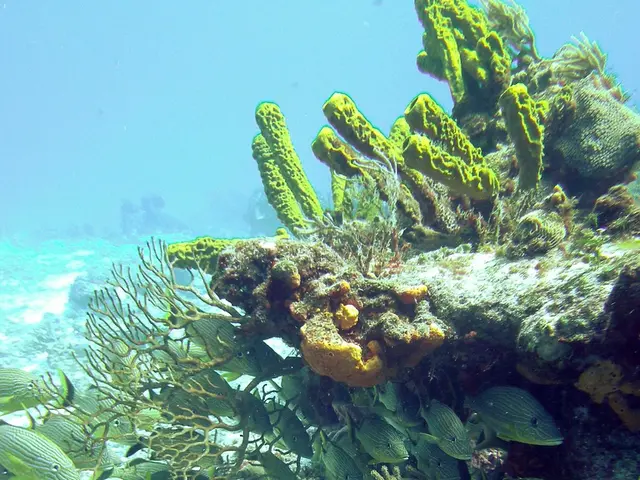Food Waste Reduction Strategies: The Impact of Freeganism
In recent times, the rise of Freeganism—a movement that encourages the reuse and repurposing of discarded items, particularly food—has sparked conversations about conventional food industry practices and sustainability. This approach, rooted in reducing food waste and promoting community building, offers numerous benefits and practical steps for those willing to adopt it locally.
One of the key advantages of Freeganism is its ability to significantly reduce food waste, thereby contributing to a more sustainable environment. By consuming items that would otherwise end up in landfills, freegans help lower the carbon footprint associated with food production and disposal.
Moreover, the practice of Freeganism contributes to cost savings, as engaging in activities such as dumpster diving can lead to substantial reductions in food expenses. Additionally, the community aspect of Freeganism fosters a network of like-minded individuals who share resources and knowledge, creating a more connected world.
For those interested in adopting a local Freegan lifestyle, here are some practical steps:
1. Research local policies and safety guidelines to ensure you are aware of any legal restrictions or guidelines regarding dumpster diving and food recovery. 2. Identify sources of food waste, such as grocery stores, restaurants, or farmers' markets, and use social media or local forums to find spots where others have successfully found usable items. 3. Always prioritise safety when dumpster diving, ensuring you follow hygiene guidelines, inspect food for freshness and safety, and comply with local laws. 4. Connect with other freegans or like-minded individuals in your area to share tips, safe locations, and resources. 5. Share your experiences and the benefits of Freeganism with friends and community members to raise awareness about food waste and sustainability. 6. Utilise technology and social media platforms to share discoveries, learn from others, and identify new sources and strategies for reducing waste.
By combining Freegan practices with sustainable living strategies like reducing personal consumption and supporting local, sustainable businesses, individuals can further enhance the environmental benefits of this lifestyle. Freegan meals can be inventive and delicious, using rescued ingredients, and actively participating in the Freegan cycle contributes to a more environmentally conscious and socially connected world.
However, it's important to note that adopting Freegan practices comes with challenges, including societal judgments and practical difficulties. Misconceptions about Freeganism, such as its association with extreme frugality or a lack of hygiene, need to be clarified. Understanding the legal aspects and advocacy efforts within the Freegan movement sheds light on the challenges faced by those seeking systemic change.
Incorporating Freegan values into everyday decisions empowers individuals to make a lasting impact. As the Freegan movement continues to gain momentum, it's worth considering potential collaborations between Freegan communities and governmental bodies to bring about broader policy changes. Examining global initiatives that align with Freegan principles highlights the broader impact of collective efforts to combat food waste.
In engaging in an ethical debate, it's essential to consider the balance between Freegan principles and broader ethical considerations related to consumption. By choosing to embrace Freeganism, individuals can contribute to a more sustainable and socially connected world, fostering positive changes toward sustainability and community resilience.
- Adopting a Freegan lifestyle, rooted in minimalist living and sustainability, encourages the reuse and repurposing of discarded items, particularly food, promoting environmental-science and climate-change awareness.
- Engaging in Freeganism offers numerous benefits, such as cost savings through dumpster diving, lower carbon footprint due to reduced food waste, and fostering a freedom lifestyle through community building.
- Life hacks within Freeganism include researching local policies for safe food recovery, identifying food sources, prioritizing safety, connecting with other freegans, and sharing experiences on social media for learning and collaboration.
- Adopting Freegan practices can extend beyond food waste reduction by incorporating sustainable-living strategies, such as reducing personal consumption, supporting local businesses, and practicing healthy-cooking with rescued ingredients.
- Science plays a crucial role in understanding the challenges faced by Freegan communities, as well as the potential benefits of systemic change and collaborations with governmental bodies to combat food waste on a broader scale.
- Embracing Freeganism contributes to a more sustainable and socially connected world, inviting ethical debates about consumption and advocating for a lifestyle that considers both individual and societal well-being.







